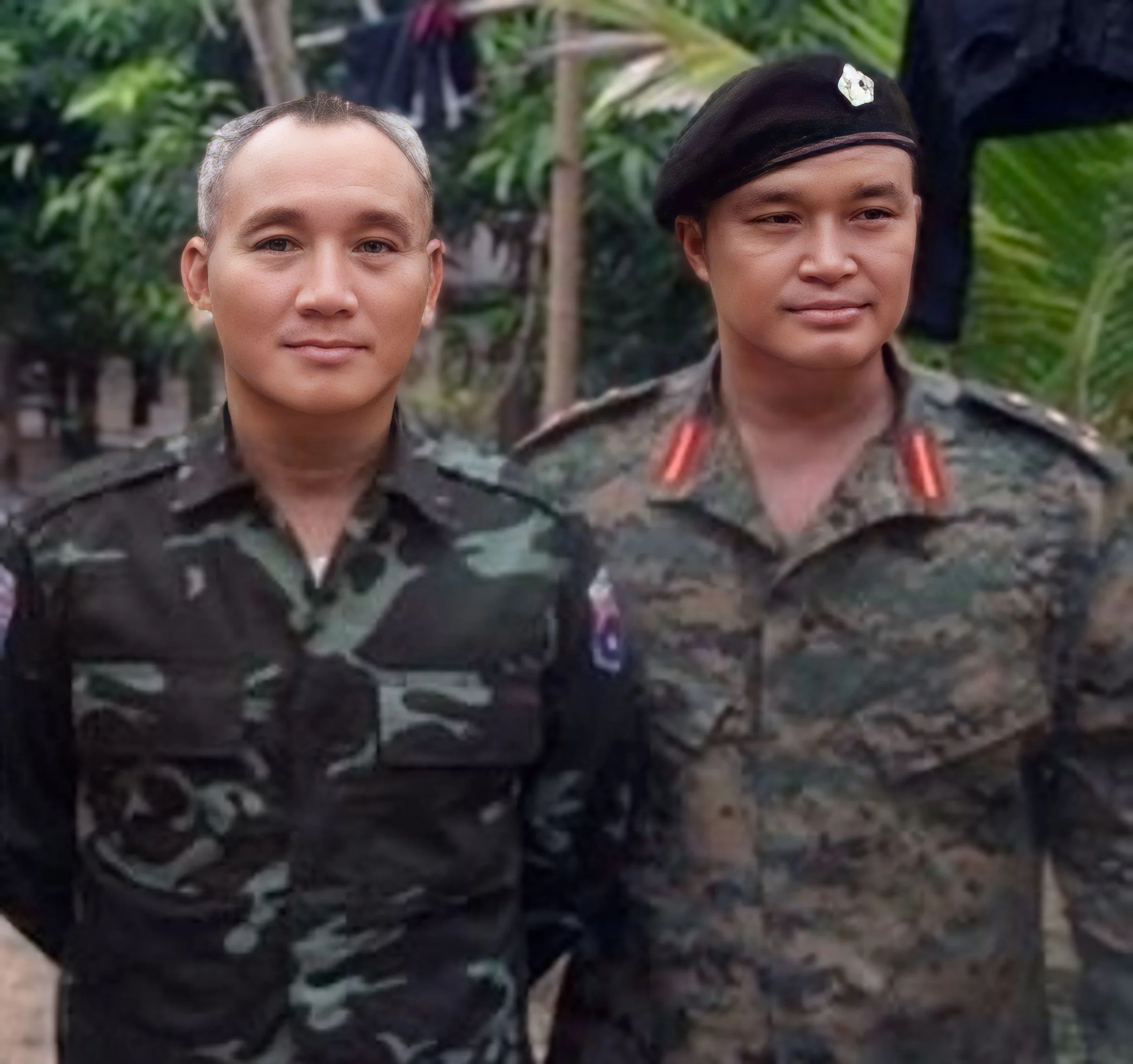Toward True Unity: Why the KNU Must Embrace a Hybrid Model and Reunite with General Nerdah Bomya
Left: General Baw Kyaw Heh, KNLA Right: General Nerdah Bomya, KTLA
Special Analysis on Karen Unity and Governance
As the Burmese military junta faces mounting pressure from sustained resistance, one of the most decisive opportunities for the Karen people lies not just on the battlefield—but in political reconciliation and structural unity. The Karen National Union (KNU) stands at a critical crossroads. By pursuing deeper unification with other Karen armed groups—particularly the Kawthoolei Army (KTLA) led by General Nerdah Mya (Bomya)—the KNU can forge a stronger, more legitimate pathway toward enduring autonomy.
The Case for Reuniting with General Nerdah Bomya
General Nerdah Bomya, long known for his unwavering stance against the junta and his vision for Karen sovereignty, was once a high-ranking commander with the KNDO before founding the Kawthoolei Army following disagreements with KNU leadership.
However, today, the landscape has changed. The KTLA has gained both popular legitimacy among Karen communities and credibility on the battlefield. General Nerdah’s principled leadership, international engagement, and strong anti-corruption stance make him a crucial figure for restoring trust among those who have grown disillusioned with the KNU's bureaucracy or perceived compromises.
Reintegrating General Nerdah and the KTLA into a reformed KNLA command structure under the KNU would:
Consolidate military capacity to challenge junta control across Karen State.
Rebuild trust among grassroots Karen communities and diaspora leaders.
Send a powerful message to both allies and adversaries that the Karen are united in both vision and action.
A Hybrid Governance Model: Statehood with Federal Leverage
While full independence may remain a distant vision in the current geopolitical climate, the Karen people need a pragmatic, achievable structure that protects sovereignty, encourages development, and resists Burmese centralization. A hybrid model of statehood underpinned by selective federal collaboration in banking and trade offers a strategic solution.
Under this hybrid model:
Karen State would govern itself internally—with its own constitution, civil governance, law enforcement, and armed defense through the KNLA and KTLA.
Banking, trade, and currency regulation could be cooperatively managed through a federal system—provided that such cooperation does not compromise the autonomy of Karen internal affairs.
International aid, cross-border trade with Thailand, and development agreements would be negotiated independently or via a neutral federal economic framework that respects ethnic sovereignty.
This model would allow the Karen to maintain control over their land, culture, and security while still leveraging the benefits of global engagement through transparent federal channels.
The Moment Is Now
The Karen people have suffered decades of displacement, violence, and broken promises. But as the junta weakens and the international spotlight increasingly turns toward ethnic-led liberation, there is an opportunity to reimagine a unified Karen nation—not one fractured by ideology or personal disputes, but one galvanized by shared purpose.
The KNU must take the lead by:
Initiating high-level talks with General Nerdah Bomya and KTLA leadership, offering meaningful inclusion and respect.
Proposing a new constitutional framework for Karen governance that blends state-level control with limited federal economic coordination.
Creating a unified diplomatic front for international advocacy, refugee support, and humanitarian partnerships.
History is watching. And the Karen people—inside Burma, along the Thai border, and across the world—are yearning for a unified leadership that honors both sovereignty and solidarity.
It is time to bring the family back together.
Author’s Note: This article reflects insights drawn from analysis of battlefield developments, governance structures in post-conflict societies, and conversations among Karen diaspora leaders and youth. The path forward is not without difficulty, but unity rooted in principle—not power—is the only foundation that will endure.
References:
Frontier Myanmar. (2022, August 2). ‘We must not become fascists’: KNU split exposes debate over tactics. https://www.frontiermyanmar.net/en/we-must-not-become-fascists-knu-split-exposes-debate-over-tactics/
Stimson Center. (2022, April 12). The Karen National Union in post-coup Myanmar. https://www.stimson.org/2022/the-karen-national-union-in-post-coup-myanmar/
The Irrawaddy. (2023, June 5). Our goal is federalism and democracy for all ethnicities: KNU. https://www.irrawaddy.com/in-person/our-goal-is-federalism-and-democracy-for-all-ethnicities-knu.html
Religious Freedom & Business Foundation. (2021). Business Peacemakers in Asia. https://religiousfreedomandbusiness.org/business-peacemakers-in-asia
KNU Headquarters. (n.d.). Karen National Union official website. https://knuhq.org/

